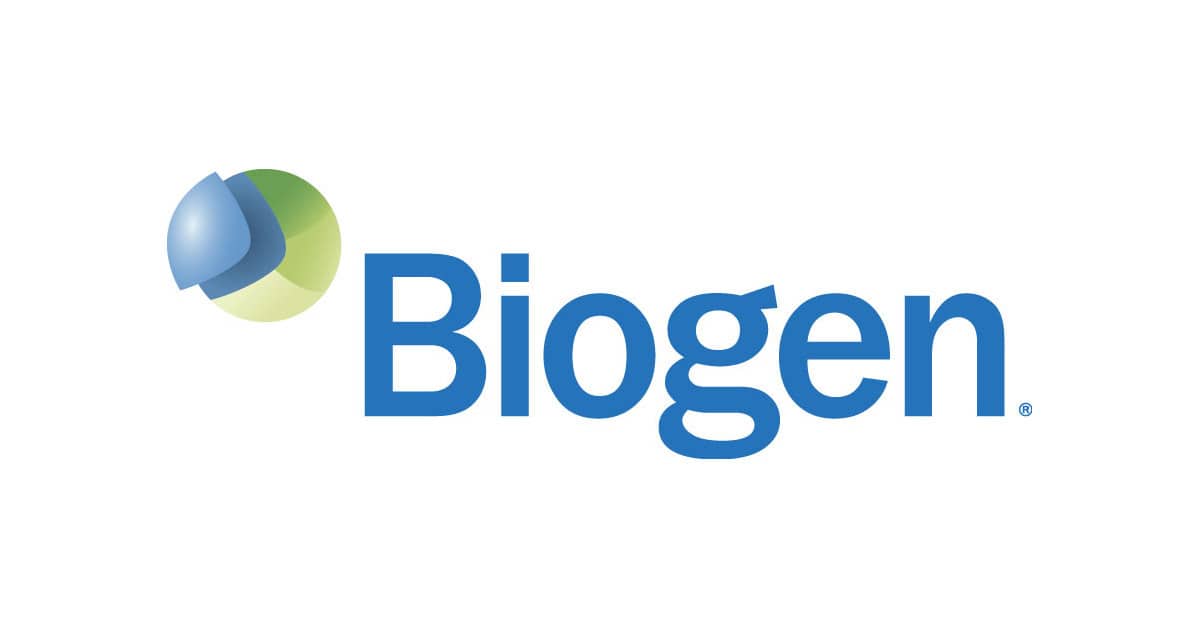
Biogen has posted an 11% rise in first quarter revenues, with growth led by its spinal muscular atrophy (SMA) treatment Spinraza, which saw sales soar 42% during the period.
This produced revenues of $518m for the first three months of the year, a welcome uplift which more than compensated for less pleasing results from its multiple sclerosis franchise, where its ageing flagship brand Tecfidra posted growth of just 1%.
This adds to a complicated picture for Biogen, which also had to concede defeat on its Alzheimer’s candidate aducanumab in March, putting paid to one of its biggest pipeline hopes.
Ahead of that bad news, Biogen had announced its $800m takeover of gene therapy company Nightstar, which it hopes will add to its existing pipeline of rare disease therapy candidates.
While this pipeline will take time to mature, and Tecfidra facing a patent challenge in the US, the strong performance of Spinraza and its biosimilar franchise helped Biogen keep moving forward.
Spinraza’s performance surpassed analysts’ expectations, including William Blair who estimated the drug would achieve sales of $474m for the first quarter.
But while Spinraza, is currently the only approved treatment for SMA, it will soon face competition which could hinder its long-term growth.
One of the biggest threats is Roche’s small molecule SMN splice modulator risdiplam, which has the advantage over Spinraza in not having to be administered via the spinal cord, which brings with it potential safety problems.
Meanwhile, Novartis is also on the cusp of gaining approval for its gene therapy for SMA, dubbed Zolgensma, which could take the market by storm if results are compelling.
Michel Vounatsos, Biogen’s chief executive officer said the company was “deeply disappointed” with the discontinuation of aducanumab in Alzheimer’s disease, but pledged to maintain investment in novel neuroscience therapies.
“We followed the science, and unfortunately the outcome was not as we had hoped. We continue to believe we can create value for patients and investors by capitalising on opportunities in neuroscience, and we remain focused on allocating capital to the areas we believe have the highest potential return for shareholders,” said Vounatsos.
The Nightstar Therapeutics provides the firm with two potentially first-in-class mid- to late-stage clinical assets in specialty ophthalmology, adding to a broad range of novel therapies.
He adds: “By the end of 2020 we expect readouts across our clinical programmes in MS, progressive supranuclear palsy, ALS, Parkinson’s disease, pain, cognitive impairment associated with schizophrenia, epilepsy, stroke, and lupus.”
Trial results of particular note is an expected phase 2 readout for BIIB092 in progressive supranuclear palsy in the second half of 2019, plus phase 3 results in late 2020 for BIIB067 in SOD1 mutant ALS and NSR-REP1 in choroideremia.
Biogen and partner Alkermes are also awaiting an FDA verdict on their new oral multiple sclerosis candidate, BIIB098, a follow-up to Tecfidra.




